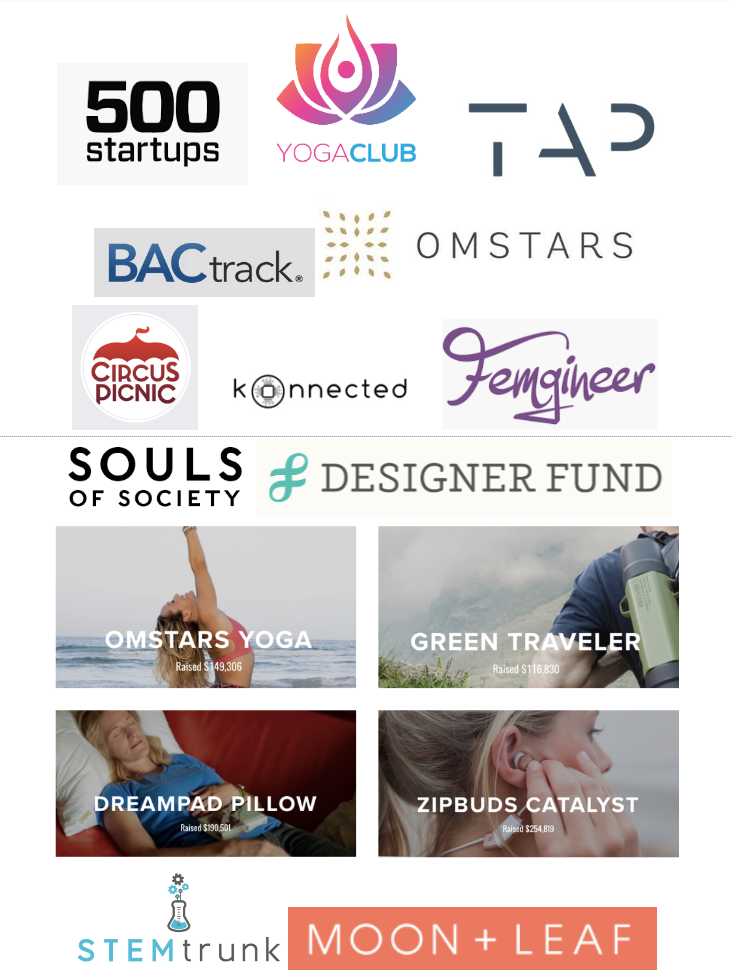Entangled Life Review: Fungi’s Epic, Tangled Truth
Fungi aren’t helping or assisting actors; they’re the planet’s concealed directors, choreographing forests, medicines, and even tomorrow’s building materials although most humans remain oblivious. Merlin Sheldrake’s Entangled Life proves this by threading hard science through coffee-scented field anecdotes, revealing mycelium as both archive and algorithm. But here’s the jolt: the same organisms saving forests are also digesting plastics and reprogramming mental health trials, meaning our supply chains and therapies might literally grow in darkness. Still, industrial clear-cutting erases fungal memory faster than scientists can catalogue it, so every turned page carries ecological stakes as real as sourdough, antibiotics, or wildfire smoke. Our critique maps the book’s four-part braid—Fundamentals, Methods, Futures, Stories—distilling necessary breakthroughs, myth-busting important data points, and unforgettable characters here.
How complex is fungal intelligence?
Slime-mold little-known haven experiments, mycorrhizal nutrient trading studies, and computer simulations meet on one finding: distributed fungal networks solve optimization problems as efficiently as ants or routers, despite lacking neurons, synapses, or centralized direction.
Does Sheldrake exaggerate scientific claims?
Peer-reviewed references anchor every awe-inducing anecdote; but, he occasionally leans on metaphor when mechanisms remain unresolved, a choice most researchers tolerate because citations, not rhetoric, control each chapter’s endnotes and lists.
Who should read Entangled Life?
Anyone curious about nature’s backstage machinery: gardeners, coders, chefs, policy wonks, psychonauts, middle-schoolers with a microscope, and CEOs chasing circular economies will all find at least one conceptual framework unglue and refasten today.
Can fungi help climate action?
Myco-char, mycelium packaging, and carbon-sequestering symbioses operate at pilot scale, collectively promising gigaton reductions if scaled with renewable feedstocks, complete life-cycle audits, and supportive policy frameworks like extended producer responsibility laws.
Is DIY mushroom growing difficult?
Beginners usually have more success with oyster kits: pasteurized straw, forgiving create ratios, and minimal equipment deliver edible caps within three weeks; sterilization pitfalls and humidity swings are teachable moments rather than deal breakers.
What’s the book’s biggest takeaway?
Interconnection isn’t a poetic embellishment; it’s a physical infrastructure. From neurons to supply chains, everything negotiates through networks, and fungi represent that truth so vividly we can no longer ignore subterranean consensus anywhere.
“`
Our Review of Entangled Life: A Literary, Scientific & Sensory Expedition Through the Kingdom of Fungi
5. How to Grow Your First Oyster Mushrooms at Home
-
Pick Pleurotus djamor create; it forgives newbie errors.
-
Pasteurize straw: simmer 60 minutes, drain, cool.
-
Mix create 1:8 with straw, pack in filter bags.
-
Incubate dark at 24 °C until white—about 10 days.
-
Move to fruiting chamber: 85 % humidity, gentle light; harvest within a week.
Our editing team Is still asking these questions
1. Is Entangled Life accessible to non-scientists?
Yes. My technophobic mother devoured it in a weekend and now drops “mycelium” at Sunday dinner.
2. Are Sheldrake’s “fungal intelligence” claims credible?
Peer-reviewed maze studies on slime molds show problem-solving without neurons (Science 2021). Debate continues, but evidence mounts.
3. Can fungi fight climate change?
Yes. Myco-char retains 2.5× more carbon than conventional biochar although boosting soil give (USDA 2022).
4. Are psychedelic mushrooms legal for therapy?
Federally no; but, Oregon’s Measure 109 permits supervised psilocybin services from 2023 onward.
5. Where can I study mushroom cultivation online?
LearnMycology doubled enrollment after launching free “Fungus Among Us” webinars—an ideal starting line.
Truth – The Hyphae Beneath Our Feet, the Possibility Above Our Heads
Yet beneath the optimism, ecology’s heartbeat reminds us: no fungi, no forests, no antibiotics, no sourdough laughter. Entangled Life invites us to sync our breath with subterranean wisdom—light glowing ghostly white in a Petri dish, waiting for someone to bend close, exhale, and whisper back.
Referenced Works & External Links
- State of the World’s Fungi 2022 – Kew Gardens
- FEMS Ecology – Mycorrhizal Networks Study 2021
- NIMH – Psilocybin Clinical Trials
- Ecovative – Mycelium Materials
- ACS – Myco-Remediation Research
- Science – Slime-Mold Intelligence
- USDA – Myco-Char & Carbon
Moments later you may close this tab, yet spores of curiosity linger—silent, invisible, waiting to bloom.

“`
